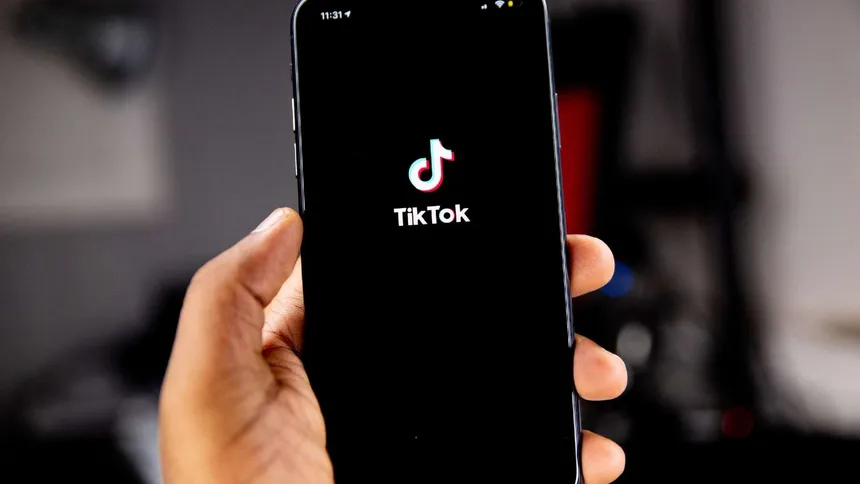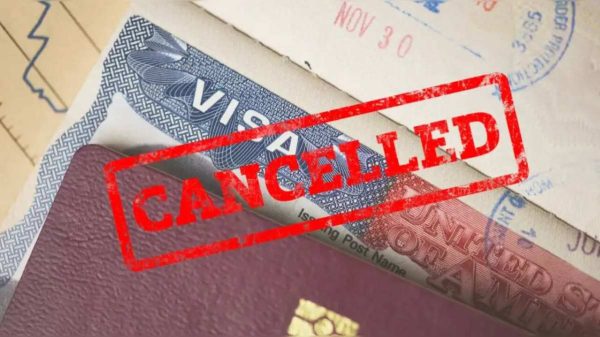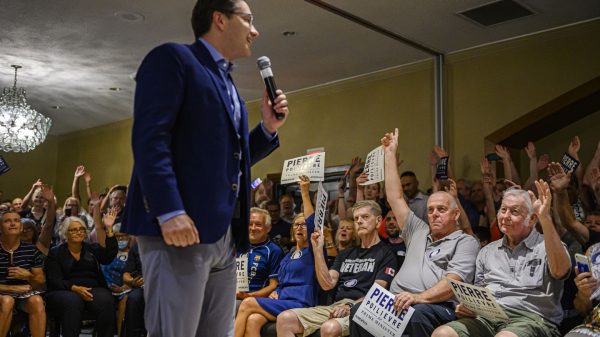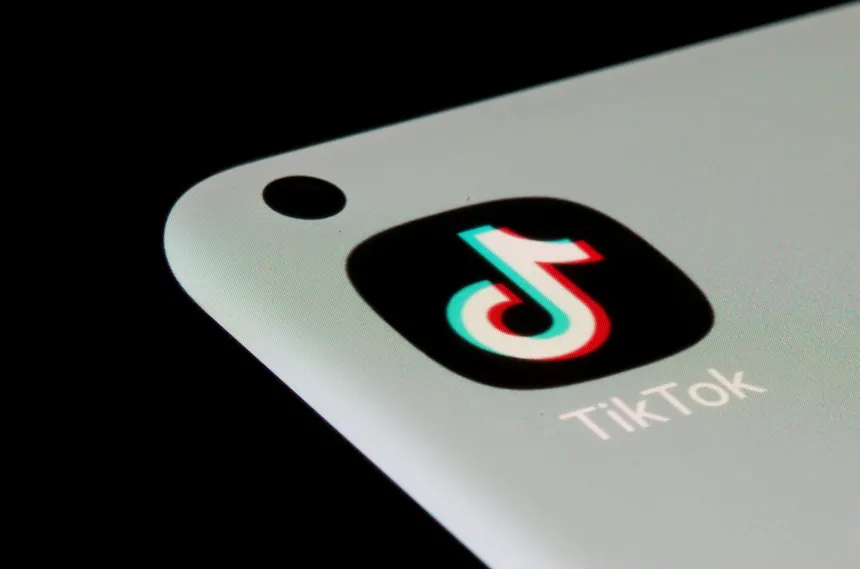TikTok, a popular Chinese-owned video-sharing app, has faced increasing pressure from Western authorities to address concerns about the spread of misinformation on its platform. In response, the company has released updated rules and standards for content and users, designed to ensure responsible use and align with its values. According to Julie de Bailliencourt, TikTok’s global head of product policy, the updated guidelines are rooted in the company’s commitment to uphold human rights and comply with international legal frameworks. The principles guiding content moderation decisions include fairness, protection of human dignity, and balancing freedom of expression with preventing harm.
One of the key changes is the addition of more detailed restrictions on deepfakes, also known as synthetic media created by artificial intelligence technology. The app has always banned deepfakes that mislead viewers about real-world events and cause harm, but the updated guidelines now require all deepfakes or manipulated content showing realistic scenes to be labelled as fake or altered. This is intended to help users make informed decisions and prevent the spread of misinformation. TikTok has also clarified its policy on the use of deepfakes of private figures and young people, stating that these types of deepfakes are not allowed. While deepfakes of public figures are permitted in certain contexts, such as artistic or educational content, they are not allowed for political or commercial endorsements.

TikTok Takes Steps to Combat Misinformation Effectively
TikTok has also maintained its ban on deepfakes that mislead viewers about real-world events and cause harm, and will remove any content that violates these rules. Critics have praised the updated guidelines as a positive step towards addressing concerns about the spread of misinformation, but others have expressed concerns that the guidelines do not go far enough. Specifically, critics argue that the guidelines do not provide adequate protections for users’ privacy and data, and that TikTok’s lack of transparency around its data collection and processing practices is a major concern.
Despite these concerns, the updated guidelines mark an important step forward for TikTok in addressing the spread of misinformation on its platform. By providing clear rules and standards for content and users, the app is taking concrete steps to ensure responsible use and consistency with its values. As the company continues to evolve and grow, addressing concerns about the spread of misinformation will be a key priority, and TikTok will need to continue to work to build trust with its users and demonstrate its commitment to upholding human rights and promoting online safety.
The updated guidelines are a positive step towards addressing concerns about the spread of misinformation on TikTok. However, the company must continue to work towards providing adequate protections for users’ privacy and data, as well as transparency around its data collection and processing practices. By doing so, TikTok can contribute to a safer and more responsible online environment.











































